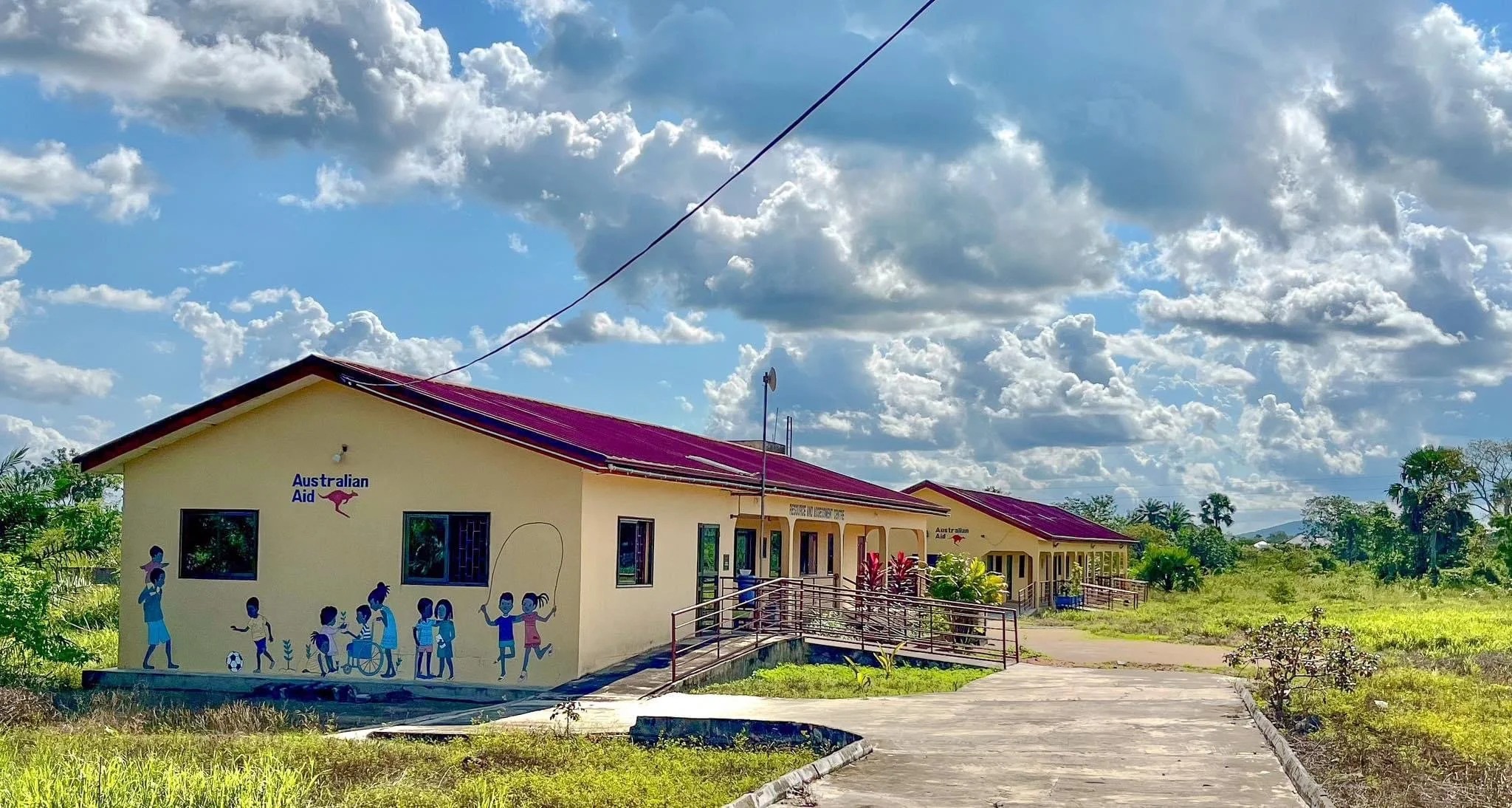Model Inclusive School
Kekeli Foundation, in collaboration with the Rotary Clubs of Ho, Norwich (UK), France, Novi Sad and Germany have decided to come together and adopt a Public Private Partnership approach in a possible policy diversion by providing an all Inclusive Model basic school in Ho. The project we are looking at is building Ghana's first all-inclusive school with all the necessary facilities to enable people with and without a disability to access everything they need with the help of specialist staff as well as general staff to teach at the school.
The purpose of this project is to get all children into a regular or normal school system and provide equal opportunities for everyone in teaching and learning situations. We intend to diversify the government’s policy by ensuring that the following practices do not occur:
• Segregated, self-contained programs or classes for students with learning or behavioural challenges, either in school or in community based learning opportunities.
• Alternative education programmes for students enrolled in basic schools”
• Stigmatization of Children with disabilities in the normal school systems
• It is evident from available statistics (ARPR 2013/14) that, about 652 children with disabilities are enrolled in six (6) special schools and being attended to by twenty-eight (28) teachers. The attempt for all-inclusiveness is being piloted in three (3) normal schools with Special Units provided but with less qualified staff. No success stories have been told or documented yet from the three selected special units in the Volta region since 2006 till date. Children with special needs are not identified in the normal schools and there is no proper screening for such children.
• It is important for this project to draw lessons from similar ones being executed in New Brunswick Province in Canada and parts of USA and other parts of the world.
This will re-emphasize the need for more screening centres and a better vigorous screening for children. Specialized training of teachers to handle all children in one classroom or the same school would be necessarily prioritized.
The school will be sited in Ho township or possibly in the Ho Municipality of the Volta Region of Ghana. The collaborating organizations shall partner the Ghana Education service in Volta region and the immediate community to deliver quality education to all children. The main approach shall be a Public Private Partnership in which GES for example shall pay salaries of teachers but the private organizations shall support specialized training of the teachers alongside provision of materials and other incentives.
The project also seeks to remove all barriers especially in the education or drop out of Children with disabilities. Such barriers may include but not limited to the current educational curriculum, lack of adequately trained / specialized teachers, accessible buildings, peer support, access to adequate Teaching Learning materials, Negative attitudes of parents and teachers and poverty- thus payment of fees.
The main beneficiary of this project shall be all children both disabled and non-disabled. Other beneficiaries shall include, the Ghana Education Service, Parents, Community hosting the school, Research Institutions, National Council on Persons with Disabilities and the society at large.
The anticipated outcomes are:
• All-Inclusive Model school complex built and utilised
• Quality performance of children with or without disabilities completing basic education at JHS level obtained
• Progression and retention of children W/WtD into Second Cycle education achieved
The results of achievements and progress made on this project shall be disseminated through written progress reports, situational reports, Monitoring Visits and reports, Review meetings of all stakeholders and audio-visual documentaries.
For verification and record purposes, such reports shall be distributed electronically via email and other forms to all stakeholders.
The National Inclusive Education policy formulation committee and other research institutions will also benefit from the outcome of this project and shall have the basis for additional research.
Support Needed
Generally, the kind of support needed from interested organizations, partners, institutions and individuals shall include but not limited to
• Cash,
• Construction materials,
• Development of Specialized Teacher training manuals,
• Publicity,
• Vehicle for monitoring and sensitization,
• Screening tools and equipment,
• Computers and other electronic devices,
• Brail and other assistive devices and
• Scholarship packages.

